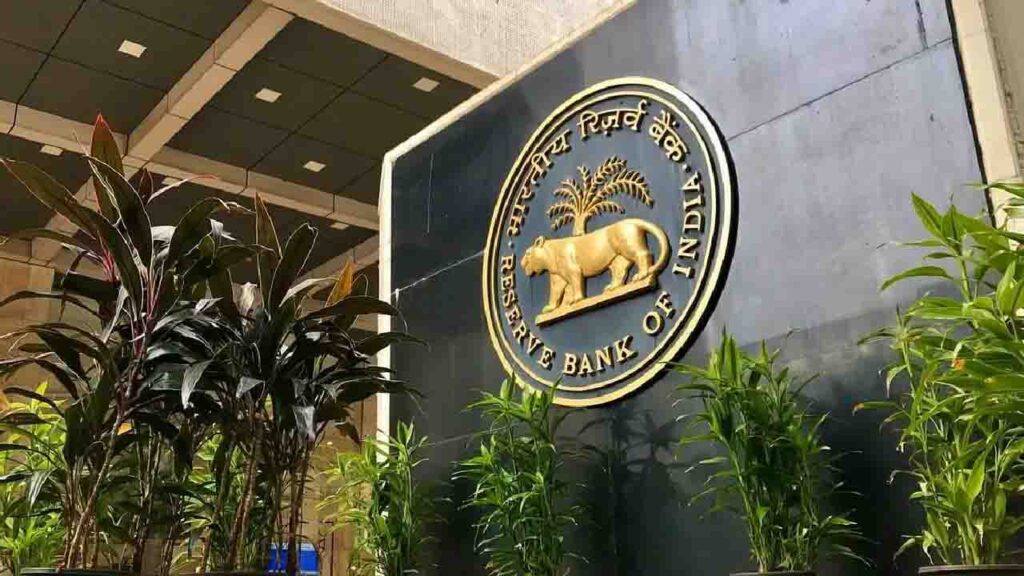India (Commonwealth Union)_ The Reserve Bank of India (RBI) has instructed all prominent banks to issue the locker agreement to its holders by January 1, 2023, since the new locker laws would take effect on that day. According to the amended RBI rules, “Banks shall ensure that any unfair terms or conditions are not incorporated in their locker agreements. Further, the terms of the contract shall not be more onerous than required in the ordinary course of business to safeguard the interests of the bank. Banks shall renew their locker agreements with existing locker customers by January 1, 2023”.
Under the new regulations, the RBI stated that all banks must distribute a revised locker agreement to its safe deposit locker holders. The model locker agreement established by the IBA should adhere to the Supreme Court’s guidelines and the amended instructions. According to the revised rules issued by the RBI on August 8, 2021, which went into effect on January 1, 2022, banks are in charge of ensuring the safety and security of the premises where safe deposit vaults are located.
According to the new RBI rules, banks would be liable for any loss of locker contents originating from their carelessness. Customers can claim up to 100 times the bank’s fees if their vaulted assets are stolen or destroyed by fire or building collapse. The Reserve Bank of India has also mandated that banks should employ CCTV to monitor locker rooms. In addition, it has requested that banks retain CCTV data for 180 days. This will aid in identifying any discrepancies.

As per the new rules, it is banks’ duty to ensure the safety and security of the locations where safe deposit vaults are located. The bank is responsible for ensuring that incidents such as fire, theft/burglary/robbery, dacoity, and building collapse do not happen on bank property as a result of its own faults, carelessness, or any act of omission/commission. As banks cannot claim that they are not responsible for their customers for the loss of locker contents, the banks’ liability shall be equivalent to one hundred times the prevailing annual rent of the safe deposit locker in cases where the loss of locker contents is attributable to the aforementioned incidents or fraud committed by its employees.
The RBI has also asked the banks to publicize the availability of safe deposit boxes by showing the information on a display board within the bank. The list of empty lockers, the waiting list for the locker, and the number on the waiting list should be communicated to the consumers. In order to safeguard clients from fraud, the RBI mandated that each time a customer accessed his locker, the concerned banks should send SMS and e-mail notifications. This notice will safeguard consumers from fraud. At the time of locker allocation, banks may now request a three-year rent deposit in lieu of a locker key deposit. Existing locker holders cannot be asked to make such term deposits, nor can banks demand such deposits from individuals with good operating accounts.

In the event that the original keeper passes away without leaving a will, the nominee will have full access to the locker. In circumstances where there is a legitimate nomination/clear survivorship clause, the nominees’ claim should be handled according to the nomination clause. If there was neither a nominee nor a will, then to claim the locker, the legal heirs must follow specific regulations, such as presenting a signed claim application, the locker holder’s death certificate, and KYC papers, among others. For the last year, banks have routinely collected locker rental fees in advance. Banks will thus repay a proportional amount of advance rent if a locker is returned early.








